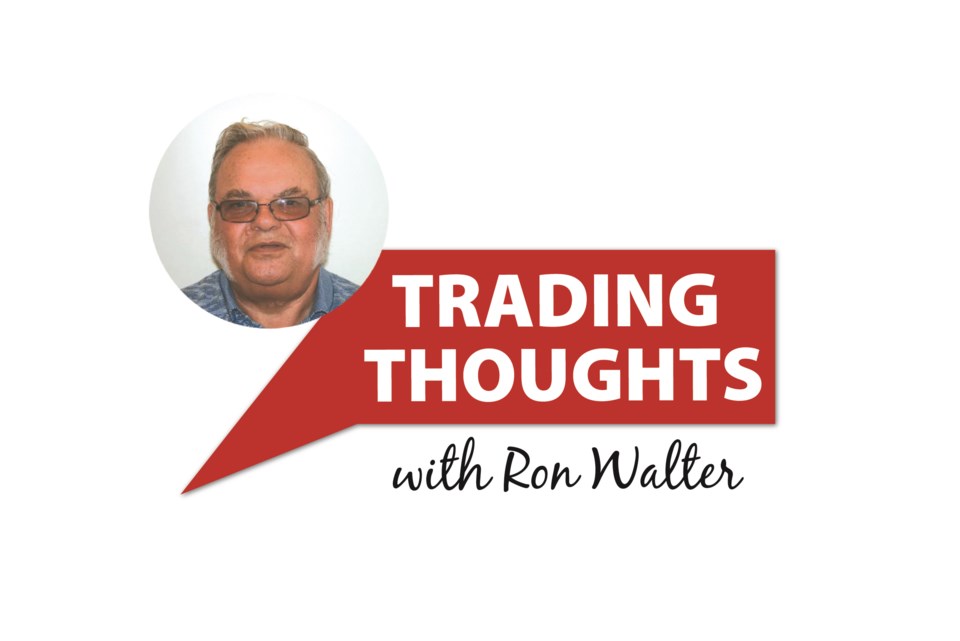British social critic George Orwell was farsighted in his novel Nineteen Eighty-four.
Published in 1949 many of the novel’s then unheard of terms and practices are now common.
The term Big Brother, representing a one party, all invasive and intrusive government, became one of our common phrases out of the novel as did Double Speak, Thought Police and others.
In his novel the world was divided with perpetual war between a bloc (called Oceania) Great Britain and the America versus Eurasia and Eastasia blocs. Africa was a war zone with endless fighting over its resource wealth.
In this novel the hero, who remembered what the world was once like, finds tiny blind spots out of view of Big Brother’s cameras where he and a woman conspire against the totalitarian one parry government where the Ministry of Truth is really the Ministry of Propaganda.
Some of Orwell’s stunning predictions have come true.
Cameras click everywhere taking photos of our actions. About 10 years ago the average American was on camera 17 times daily. Imagine how often that is now?
Police make extensive use of cameras to track people. Cameras would be used a lot more to invade privacy were it not for privacy laws.
In this age of telecommunications and technology privacy is intruded upon daily. One analyst told a TV show: If you want privacy go live off the grid. Don’t get a phone, bank account, or credit card.
That’s about where we’ve come.
Now the Saskatchewan government wants to infringe on the little privacy we have left with a so-called digital identity.
Plans are to develop this unique photo identity that will be needed to access government services from fishing and hunting and driving licences to social programs, health care, farm programs, and all else.
Why we need a digital identity to shred what little privacy we have is unclear. Sure it should reduce government jobs. Any tax savings will be spent by politicians out buying votes.
To some the digital identity using smart phones is another victory for Big Brother.
There are unintended consequences to this technology.
To ensure the government knows with whom it is dealing the plan will use facial recognition thus making certain who the person really is.
Aside from forcing us to have our face online for use by all government departments and agencies, facial recognition has other pitfalls.
It is unreliable — so much so that police agencies across North America are being told to quit relying on it. There have been too many mistaken facial recognition cases.
Forcing people to deal with government online re-inforces an attitude that government is some anonymous faceless tax-grabbing organization.
Who else gets to use these online facial recognition features? Divorce and custody lawyers? Private detectives?
Will some elected autocrat one day decide to hunt down and harass people of opposing views? Don't laugh. America came close to that kind of practice under Donald Trump and could face the threat again.
One thinks most people would prefer to keep the remaining bits and pieces of privacy still left rather than submit to Big Brother.
Do we need another “freedom convoy’’ to get the message across?
Ron Walter can be reached at [email protected]
The views and opinions expressed in this article are those of the author, and do not necessarily reflect the position of this publication.




